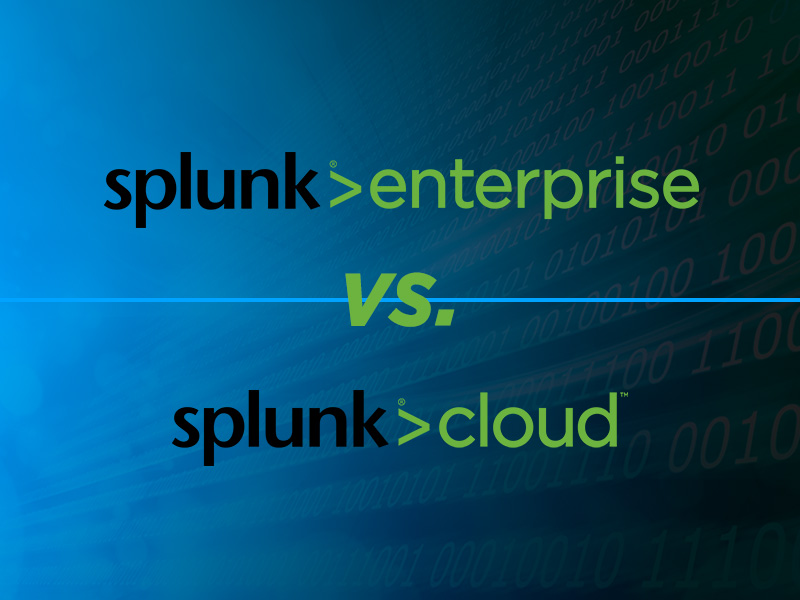Mastering Log Management with Splunk
Introduction to Splunk Log Management
In an era where data is king, effective log management stands as a critical component of any robust IT strategy. Splunk, a powerhouse in data processing and analytics, offers a comprehensive log management solution that goes far beyond simple data collection. It's a transformative tool that turns raw log data into actionable intelligence, paving the way for enhanced operational efficiency and decision-making.
Why Log Management Matters
Every digital action or transaction in an organization's IT environment generates logs. These logs hold valuable information about user behaviors, system trends, and potential security threats. Efficiently managing this data is vital for several reasons: ensuring system performance, maintaining security, and achieving compliance with regulatory standards.
Splunk's log management capability stands out in this domain, offering not just a way to handle vast volumes of data, but also a means to extract meaningful insights from it.
Features and Capabilities of Splunk Log Management
Splunk's approach to log management is distinguished by its robust features and capabilities:
- Real-Time Monitoring: Splunk provides real-time visibility into data across your entire IT infrastructure. This enables organizations to proactively identify and address issues before they escalate, ensuring continuous system availability and performance.
- Advanced Alerting Mechanisms: With Splunk, you can set up sophisticated alerts based on specific log data patterns or anomalies. This feature is crucial for identifying potential issues quickly and reducing response times.
- Comprehensive Data Analysis: Splunk's powerful analytics tools delve deep into log data, allowing for detailed trend analysis, pattern recognition, and predictive insights. These capabilities are essential for informed decision-making and strategic planning.
- Seamless Data Integration: Splunk's ability to integrate with a wide array of data sources means that it can provide a unified view of your IT environment, breaking down silos and fostering a holistic understanding of your operations.
- Customizable Dashboards: Splunk's user-friendly dashboards can be tailored to meet the unique needs of your organization. These dashboards provide intuitive data visualization, making it easier for teams to interpret and act upon the log data.
- Architect and Install Splunk: Whether on-prem or in cloud, ensure that Splunk is architected and installed correctly for your environment.
Best Practices for Effective Log Management with Splunk
To fully leverage Splunk for log management, organizations should adhere to several best practices:
- Comprehensive Data Collection: It's crucial to capture log data from all critical systems and applications to gain a complete overview of your IT landscape.
- Optimize Alert Configurations: Regularly review and fine-tune your alert settings to ensure they remain effective and relevant, and to avoid alert fatigue.
- Utilize Advanced Analytics: Employ Splunk’s advanced analytics for deeper insights and proactive problem-solving.
- Maintain Data Accuracy and Security: Regular audits of log data for accuracy and compliance with security protocols are essential in maintaining the integrity of your log management system.
- Invest in Training: Ensure that your team is well-trained in using Splunk to maximize its potential for your organization.
Real-world Use Cases of Splunk Log Management
Splunk's log management capabilities have proven to be invaluable in various real-world scenarios:
- Security Incident Detection: In the realm of cybersecurity, Splunk has been instrumental in enabling organizations to rapidly detect and respond to security incidents, significantly reducing the impact of such threats.
- Performance Optimization: Businesses have leveraged Splunk’s log management to identify and rectify performance bottlenecks in their IT infrastructure, leading to enhanced system efficiency.
- Compliance Reporting: Splunk has simplified the compliance reporting process for many organizations, assisting them in meeting various regulatory requirements efficiently and effectively.
- Predictive Maintenance: In sectors like IT and manufacturing, Splunk's predictive analytics capabilities have been pivotal in facilitating predictive maintenance strategies, leading to reduced downtime and operational costs.
Real-world Use Cases of Splunk Log Management
Splunk's log management solution is more than just a tool for handling log data; it's a comprehensive platform that transforms logs into valuable insights, driving operational efficiency, ensuring security, and propelling business growth. By harnessing the power of Splunk's log management, organizations can not only manage their data more effectively but also gain a competitive edge in today's data-driven landscape.



